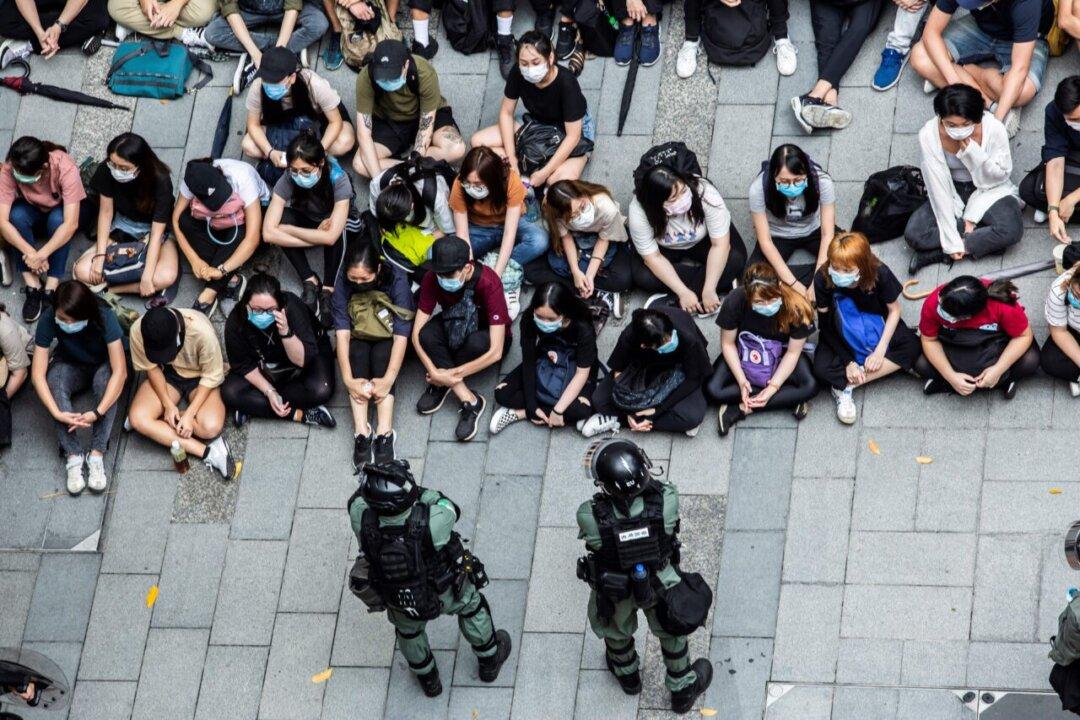After the so-called “national security” law for Hong Kong was approved by China’s rubber-stamp legislature the National People’s Congress (NPC), many are concerned over the future of Hong Kong’s elections, currently scheduled for Sept. 6.
U.S. State Secretary Mike Pompeo said on June 1 that the United States is worried that if Hong Kong’s Chief Executive Carrie Lam cancels the elections or postpones them “that there would be violence or something like that, which is just unfounded.”





